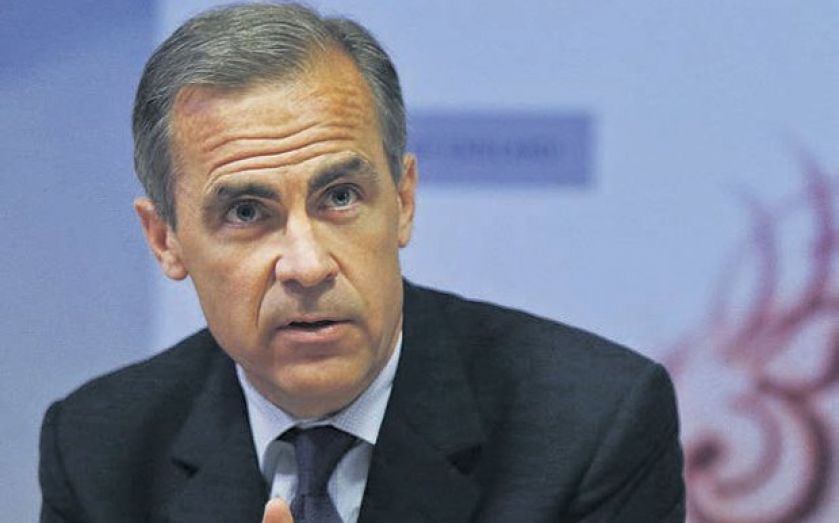| Updated:
Interest rate rises: Investors should be nervous

But also don’t forget the opportunities…
It seems strange to be talking about interest rate rises when over half of all OECD countries have inflation of less than 1 per cent, and average earnings are as limp as you could imagine. But investors are rightly nervous about the impact of rising interest rates, which seem likely in both the UK and US within the next year. The tightening part of the cycle is often associated with recession and bear markets, while we have the added spice of exiting from an unprecedented monetary experiment on this occasion.
SLOW AND INCREMENTAL
The reality is, however, that interest rates are likely to rise steadily (we will surely see no more than incremental steps) off a very low rate, and this should not cause markets much anxiety. Indeed, the increase in rates should be commensurate with economic strength, which clearly is a positive, at least for risk assets like equities.
The greater worry would be if rates were to rise rapidly, in big chunks, unexpectedly, and from a higher base. This would be doubly concerning if it were due to an inflation problem, which seems unlikely at the moment.
There is also a concern about how markets will react to the exit from this period of “financial repression” and QE. No one knows for sure, and it is entirely possible that markets will “riot”. The Bank of England and Federal Reserve may find that they have painted themselves into a corner with loose policy, and simply can’t raise rates – at least by much – without torpedoing asset prices. Additionally, it is unknown how vulnerable the US and UK economies are to higher rates, and whether they too might roll over under monetary tightening, and may even require QE to be restarted.
MARKET TIPPING POINT
As interest rates rise, the bond markets might be the first to exhibit a sudden increase in volatility, as longer duration assets like government bonds or investment grade corporate bonds have lofty valuations that would be vulnerable to sustained increases in interest rates. Initially, this might have less impact on the high yield sector, although we have already seen glimpses this summer of what can happen to that market when investor sentiment turns. Illiquidity in the credit markets would cause some nasty surprises for panicking investors, but equally could provide excellent opportunities for those who can take the other side of the trade.
The real risk is that these issues combine with another factor to create a tipping point for markets. There are plenty of candidates auditioning for this role, from the ECB’s asset quality review and stress testing to a plethora of geopolitical events. Somewhat strangely, there doesn’t seem to be much of a geopolitical risk premium in the markets at the moment, but clearly sentiment could change on a dime.
DISLOCATED PRICES
Tightening monetary policy may feel like a “lose-lose” situation for equity investors, who could be about to find out whether liquidity has been the only thing supporting markets. Either sustainable economic growth comes through to support equity market valuations but precipitates a rise in interest rates, or growth doesn’t come through and rates remain low, yet equity markets still tank given their current stretched valuations.
But there is no true price discovery at the moment, and we are missing the feedback (loops) that usually take markets to an equilibrium level. Perhaps the turning of the interest rate cycle will be the moment that this changes. An end to financial repression would be good, but one can assume that developed world governments have no desire to see rates too high, as their own debt servicing costs would quickly become exorbitant, leading to even higher taxes and ever less efficient public services.
So rising interest rates should mean that investors will have the opportunity to take advantage of excess volatility and dislocation in prices. Importantly, this opportunity is predicated on investors already having a portfolio sensibly diversified by asset classes, but also by strategies – namely including investments that are not necessarily dependent upon a positive market direction.
Andrew Wilson is head of investment at Towry.